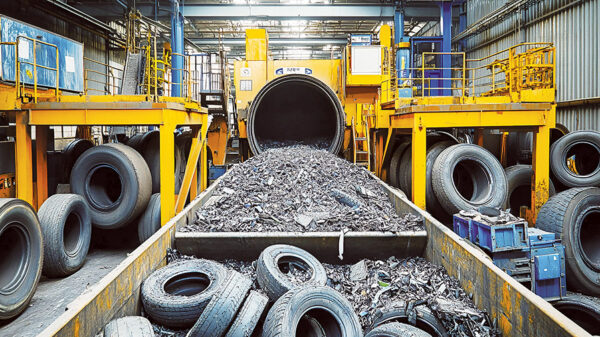Jaguar Land Rover is claiming a breakthrough in sustainable interior materials with the use of recycled polyurethane seat foam taken from its end-of-life vehicles.
The automaker claims its processes, developed in collaboration with materials science company Dow and auto seating specialist Adient, is the first time closed-loop seat foam content has been successfully used in automotive production.
JLR is now putting the material through its full production process to test its use on a scale in pre-production vehicles.
Polyurethane foams present a unique recycling challenge. They are designed for durability, so when they end up in landfills, they will not degrade to the point of not posing a risk to the environment for several generations.
JLR’s closed-loop supply chain claims to significantly reduce emissions, eliminate waste and enable a secure supply of low-carbon seat foam for vehicles.
It expects the recycled foam will be one element of a new “circular seat” that it is estimated will halve CO2 emissions impact while maintaining high performance, avoiding more than 96.8 lbs. of CO2 per seat and the equivalent of charging almost 3,000 smartphones.
JLR says this breakthrough is a result of its ongoing research and testing at the Circularity Lab at its Gaydon plant in England’s West Midlands, which aims to reduce waste and boost the recyclability of its luxury vehicles.
Published Januray 2025






